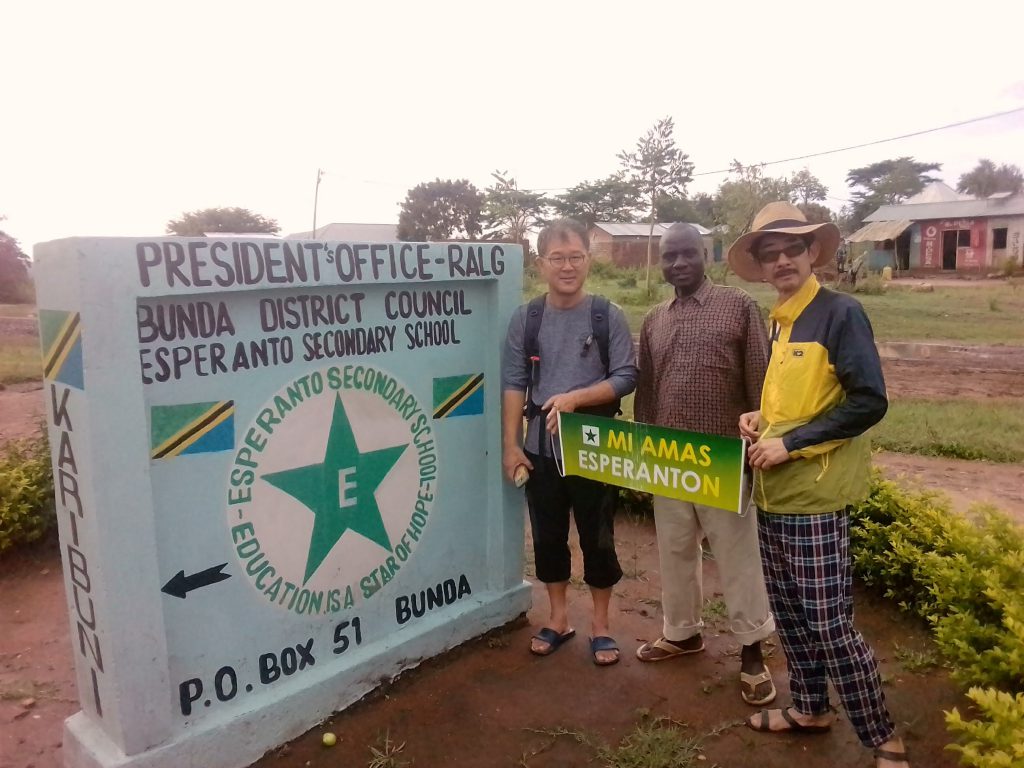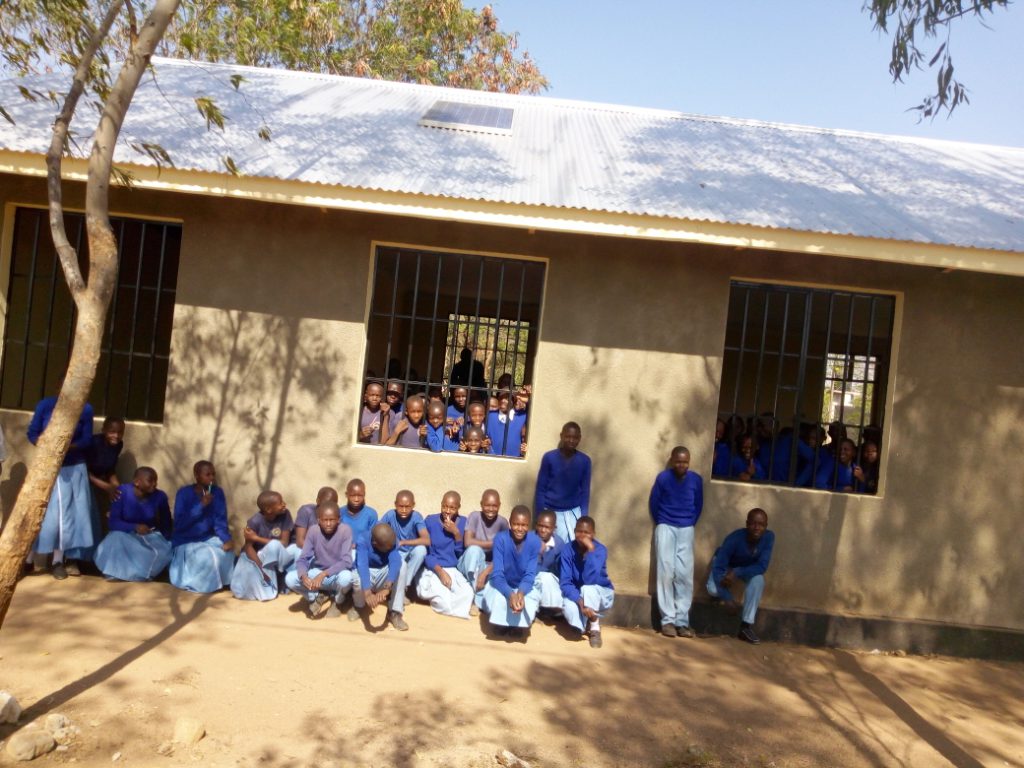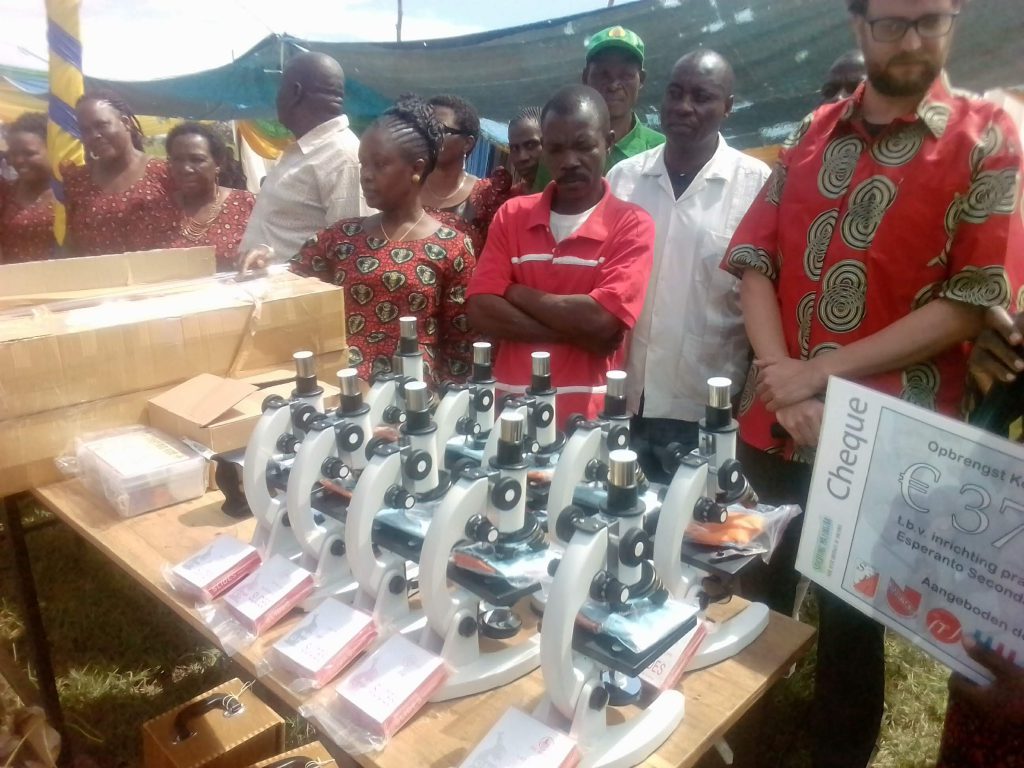As this coronavirus experience is absolutely unprecedented for us all, and its lock down effect is giving us the time to think about how it could affect life in Rye, and what our longer term ideas about any future occurrence like this should be, then it is worth examining what we should have learned from earlier epidemics.
An example of an earlier occurrence (except we experienced it in reverse and so were less aware of its lessons), was when the Ebola virus took hold in West Africa in 2014. This became a threat to the UK because, with Africa not having the ability then to ensure early detection of such a contagious epidemic, that left the WHO (World Health Organisation) being unaware of the seriousness of the Ebola outbreak for nine months.
This delay meant the epidemic expanded and, when noticed, the industrialised world became concerned lest it became infected. Out of interest in protecting itself, it then supported charitable emergency medical teams such as Medicins sans Frontieres, to deploy groups of fully PPE protected courageous medical staff into West African Ebola affected areas to contain the epidemic, which took many months to achieve.
While the epidemic was being fought, a returning medical worker was found with symptoms in the UK and quickly isolated. This alerted the government to the threat to the UK itself, and all UK air links with West Africa were cut. This inevitably had the effect of impeding the transfer of essential medical staff and so the efficiency of fighting the epidemic in West Africa.
“The 23 languages of the EU are a major barrier to common understanding”
The cumulative death toll then increased to a staggering 11,000, before it was finally considered that the epidemic was eventually under control. Now we may experience similar losses as a result of our not learning the lessons from that event of essential PPE and communication preparedness, so in Rye (as everywhere else) it is worth learning now, by looking at the preparations they have been making in Africa, to overcome any further unpreparedness for our future.

Although Rye has many historical links with France, we have suffered from limited communication across the English Channel, since the 23 languages of the EU are a major barrier to common understanding, even leading to us wanting to leave. But this is nothing compared to the barrier of hundreds of local languages obstructing efficient communication across West Africa, preventing comparison of common symptoms of any epidemic, which needs its geographical incidence to be identified quickly from its first being observed.
With colonialism having added even more language divisions in Africa, further increasing the difficulty of overcoming such a communication problem, it is worth learning from how they are now adopting a solution that was invented in Europe itself but which, for reasons of overweening nationalism after the First World War, was never allowed to bring the common benefits needed by all of us then, and even more by everyone now.
“The simplicity of its design based on logic rather than tradition enables all children to access it quickly”
In 2004 the first school teaching Esperanto was established in Lome in Togo now with 400 pupils. Since then it has also started to be taught in many other African countries with great success, including those with a host of problems such as war and disease giving almost impossible circumstances for teaching, but which are nevertheless being overcome – as in the Democratic Republic of Congo where Ebola still exists.
This is because the simplicity of its design, based on logic rather than tradition, enables all children to access Esperanto so quickly, compared with any national language. It is this efficiency that enables it to supply the obvious solution to overcome their communication problems in the countries in the developing world.
This is especially so as they have no access to the rich education budgets of the industrial world but, despite that, Esperanto is enabling them, for the first time, to prepare themselves for greatly improved timely identification of future epidemics.
So we have the unusual situation now, where African pupils are learning in schools across the continent all about the advance from 1887 of an educational linguistic breakthrough invented in Europe and are now benefitting from it, but which colonialism then saw as a danger to its business model and consequently refused to support Esperanto here after the First World War. The legacy of this is vast ignorance here of what Africa is now able to teach us, but which we now have the time to investigate and benefit from!
“The colonial logic which sees it as a rival to English”

Despite all the colonial efforts made to undermine it, the excellence of Esperanto’s design however has meant that it has been unable to be successfully blocked, but it has been delayed, with its use still spreading to all parts of the world. Ironically the greatest lack of knowledge of its success arises from what amounts to a ‘news blackout’ in the English media concerning its success, presumably arising from some still using colonial logic who see it as a rival to English.
This short sighted thinking fails to take into account that Esperanto speeds up the learning of English for those needing it for tertiary education. But its lifesaving advantage is in making available a rapidly accessible international language for use in schools everywhere for conducting international science projects.
Unfortunately these have not been possible with English because of its long lead time for non-English pupils to gain fluency, which would arrive too late after pupils had left school. After this pandemic we will realise that such accessible international science projects via Esperanto for our children are now vital, as they open up the experience of learning co-operation through direct participation by pupils everywhere.
These projects are going to be absolutely essential to enable all education systems to co-operate from now on, to provide the training and experience of direct personal co-operation between pupils. This is now essential for them to not only co-operate and be better informed for fighting such epidemics in future, but also for pupils to have any chance of working together to mitigate climate change.
“Supporting all children everywhere in preparing for a better future”
So we have this chance to assist our children to overcome the problems which they have all been so strongly campaigning about recently, with the recent weather evidence backing them up.
So what better than to take this enforced opportunity to plan and look forward to celebrating a better future for all of our children, by helping them to learn about the progress already marked recently in Africa, with the holding of the seventh African Esperanto Congress over last Christmas in Bujumbura in Burundi.
As well as Unicef being involved in assisting children in this pandemic, Unesco is now also supporting all children everywhere in preparing for a better future with their publishing of their magazine, the Unesco Courier, now in Esperanto. This will bring into being something never achieved before even by our own parents just after World War II, with all children in the world now becoming able to read about, discuss and support their own progress, literally from the same international magazine!
Even official views about this have now changed, as the French and UK governments today want their schools as well as parents to teach Esperanto to their children, which they always enjoy from the start because its logic removes rote learning.
“Joining international science projects that all children will be participating in as part of improving their own futures”

This is particularly timely now schools have closed, and parents are having to home educate their children, as with the internet this opens the opportunity to access the Esperanto courses on lernu.net and dua lingvo, so giving their children an early introduction for being prepared to join the international science projects that all children will be participating in as part of improving their own futures from now on.
We here in Rye can then also join those families who are already involved by using Esperanto in twinning groups around the world, and who are really able to personally get to know their other twin town families, who already plan together for the activities their children will jointly participate in throughout the year.
Such regular activities ensure that any twin town group is self supporting, so grasping a great beneficial advantage out of what now seems for families at present, a very difficult situation to survive and put up with.
Image Credits: Esperanto Secondary School, Bunda, Tanzania .



